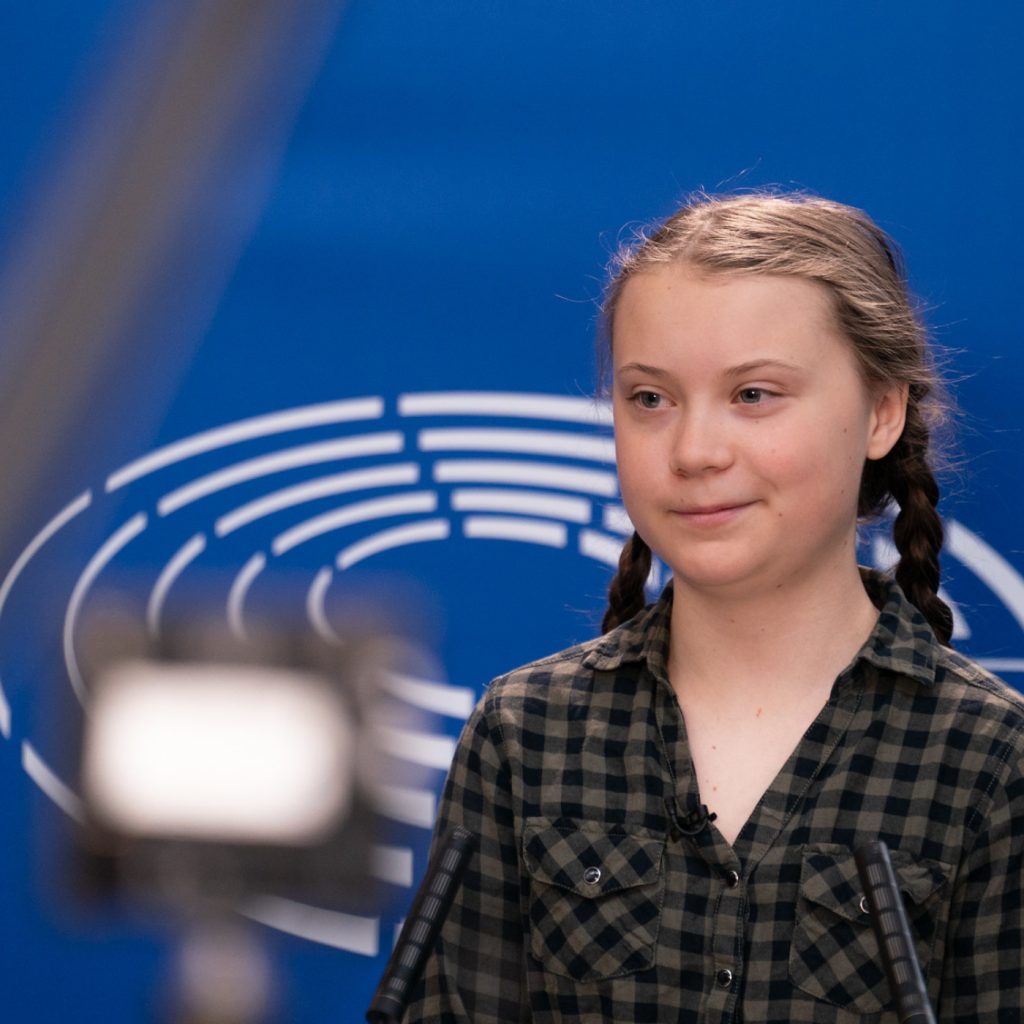[EN] Le changement climatique : au cœur d’un nouvel équilibre politique européen
Cette publication est seulement disponible en anglais
Thomas Pellerin-Carlin, chef du Jacques Delors Energy Centre, Thierry Chopin, conseiller spécial à l’Institut Jacques Delors, et Geneviève Pons, directrice du bureau de Bruxelles de l’Institut Jacques Delors, analysent le poids du climant dans l’équilibre politique,à l’aune des élections européennes de 2019.

Le changement climatique est un défi majeur pour l’Europe et le monde. La manière dont nous répondons -ou choisissons de ne pas répondre- au changement climatique façonne déjà nos systèmes politiques. Le récent mouvement des Gilets jaunes, les manifestations de jeunes lors des #FridaysForFuture et la percée de popularité de la jeune activiste suédoise Greta Thunberg pourraient être la partie émergée d’un iceberg susceptible d’avoir un impact sur l’équilibre politique au sein du Parlement européen après les élections du 23 au 26 mai 2019.
Le prochain Parlement européen sera plus fragmenté. Le centre-gauche (S&D) et le centre-droit (PPE) connaîtront une baisse significative de leur part de sièges et, contrairement à la situation actuelle, ne seront pas en mesure de commander une majorité ensemble. Par nécessité arithmétique, la position des partis sur l’intégration européenne sera probablement la clé de la formation de la majorité nécessaire à la nomination de la prochaine Commission européenne et à l’adoption de la législation européenne. Dans cette note politique, nous nous concentrons sur (1) la façon dont les citoyens européens considèrent le changement climatique comme un sujet politique pour l’UE, tandis que (2) les élections du Parlement européen de 2019 marqueront la fin de la coalition S&D-PPE qui a dominé les politiques de l’UE au cours des dernières décennies et conduiront à la création d’une nouvelle coalition, potentiellement avec les Verts, (3) ce qui ouvrirait une fenêtre d’opportunité pour un programme de coalition centré sur l’action climatique, la compétitivité basée sur l’innovation et la justice sociale.






